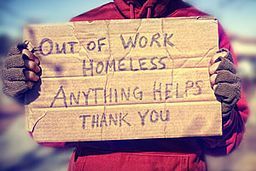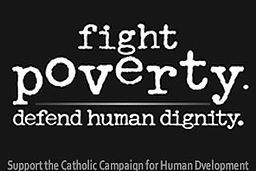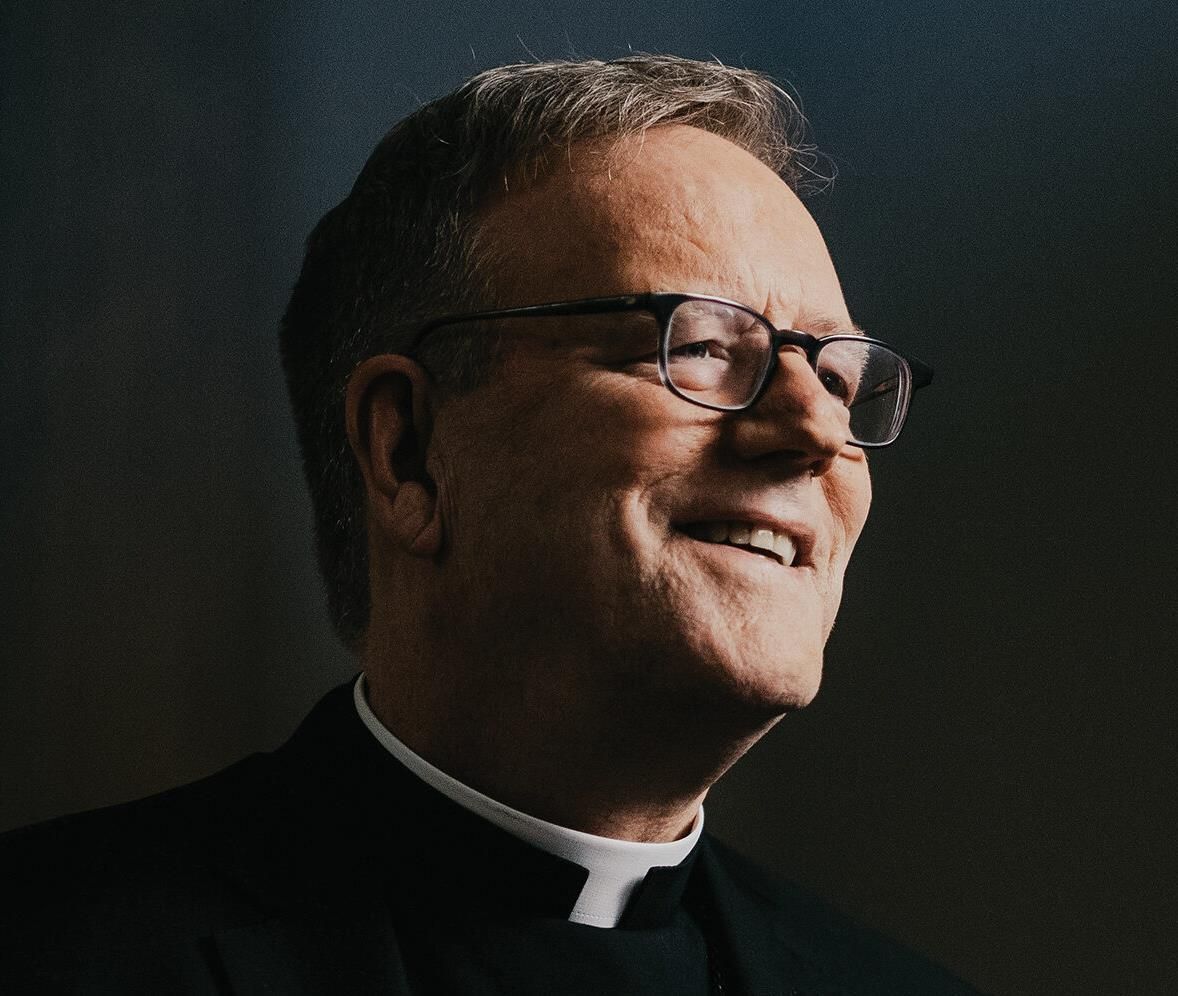Social Concerns Ministry
Social Concerns Committee
Mary Lou Mulligan & Nicole Henrichs
“The exercise of charity (love for widows and orphans, prisoners and the sick and needy of every kind)…is one of her (the church’s) essential activities…as essential to her as the ministry of the sacraments and preaching the Gospel.”
Social Justice is working for the rights and dignity of every human being. Each person, regardless of his/her age, race, sex, economic or religious background has value. God made each of us in His image and instructed us to love our neighbor as ourselves. Each of us can and must make a difference in the lives of others as we live out our Catholic faith.
We as members of the holy, Catholic and apostolic church have an “obligation to live out the foundational principle of our social teaching to protect the sanctity of all human life and the inherent dignity of every human person. “ – U.S. Catholic Bishops
KEY PRINCIPLES OF CATHOLIC SOCIAL TEACHING-
List of Services
-
Human DignityList Item 1
The Catholic Church proclaims that human life is sacred and that the dignity of the person is at the core of a moral vision for society. Our belief in the sanctity of human life and the inherent dignity of the human person is the foundation of all the principles of our social teaching.
-
Community and the Common GoodList Item 2
In a global culture driven by excessive individualism, our tradition proclaims that the person is not only sacred but also social. How we organize our society – in economics and politics, in law and policy – directly affects human dignity and the capacity of individuals to grow in community. Our Church teaches that the role of the government and other institutions is to protect human life and human dignity and promote the common good..
-
Rights and ResponsibilitiesList Item 3
Catholic tradition teaches that human dignity can be protected and a healthy community can be achieved only if human rights are protected and responsibilities are met. Therefore, every person has a fundamental right to life and a right to those things required for human decency. Corresponding to these rights are duties and responsibilities to one another, to our families, and to the larger society.
-
Option for the Poor and VulnerableList Item 4
Catholic teaching proclaims that a basic moral test is how our most vulnerable members are faring. In a society marred by deepening divisions between rich and poor, our tradition recalls the story of the Last Judgment (Mt. 25) and instructs us to put the needs of the poor and vulnerable first.
-
Participation
All people have a right to participate in the economic, political, and cultural life of society. It is a fundamental demand of justice and a requirement for human dignity that all people be assured a minimum level of participation in the community. Conversely, it is wrong for a person or a group to be excluded unfairly or to be unable to participate in society. In the words of the U.S. bishops, “The ultimate injustice is for a person or group to be treated actively or abandoned passively as if they were non-members of the human race. To treat people this way is effectively to say they simply do not count as human beings.”
-
Dignity of Work and Rights of Workers
In a marketplace where too often the quarterly bottom line takes precedence over the rights of workers, we believe that the economy must serve people, not the other way around. If the dignity of work is to be protected, then the basic rights of workers must be respected — the right to productive work, to decent and fair wages, to organize and join unions, to private property and to economic initiative.
-
Stewardship of Creation
Catholic tradition insists that we show our respect for the Creator by our stewardship of creation. We are called to protect people and the planet, living our faith in relationship with all of God’s creation. This environmental challenge has fundamental moral and ethical dimensions which cannot be ignored.
-
Solidarity
Catholic social teaching proclaims that we are our brothers’ and sisters’ keepers, wherever they live. We are one human family, whatever our national, racial, ethnic, economic, and ideological differences. Solidarity means that “loving our neighbor” has global dimensions in an interdependent world.
-
Role of Government
Because we are social beings, the state is natural to the person. Therefore, the state has a positive moral function. It is an instrument to promote human dignity, protect human rights, and build the common good. Its purpose is to assist citizens in fulfilling their responsibility to others in society. Since, in a large and complex society these responsibilities cannot adequately be carried out on a one-to-one basis, citizens need the help of government in fulfilling these responsibilities and promoting the common good. According to the principle of subsidiary, the functions of government should be performed at the lowest level possible, as long as they can be performed adequately. If they cannot, then a higher level of government should intervene to provide help
-
Promotion of Peace
Catholic teaching promotes peace as a positive, action-oriented concept. In the words of Pope John Paul II, “Peace is not just the absence of war. It involves mutual respect and confidence between peoples and nations. It involves collaboration and binding agreements.” There is a close relationship in Catholic teaching between peace and justice. Peace is the fruit of justice and is dependent upon right order among human beings.

Meeting Minutes
List of Services
-
January 2020 Write a description for this list item and include information that will interest site visitors. For example, you may want to describe a team member's experience, what makes a product special, or a unique service that you offer.
-
February 2020 Write a description for this list item and include information that will interest site visitors. For example, you may want to describe a team member's experience, what makes a product special, or a unique service that you offer.
"The human person is the clearest reflection of God’s presence in the world; all of the Church’s work in pursuit of both justice and peace is designed to protect and promote the dignity of every person. For each person not only reflects God, but is the expression of God’s creative work and the meaning of Christ’s redemptive ministry.”
The Challenge of Peace,
U.S. Catholic Bishops, 1983.
“We believe that the Christian view of life, including economic life, can transform the lives of individuals, families, schools, and our whole culture. We believe that with your prayers, reflection, service and action, our economy can be shaped so that human dignity prospers and the human person is served. This is the unfinished work of our nation. This is the challenge of our faith.”
Economic Justice for All,
U.S. Catholic Bishops, 1986

“No one may claim the name of Christian and be comfortable in the face of hunger, homelessness, insecurity, and injustice found in this country and the world.”
Economic Justice for All,
U.S. Catholic Bishops, 1986




